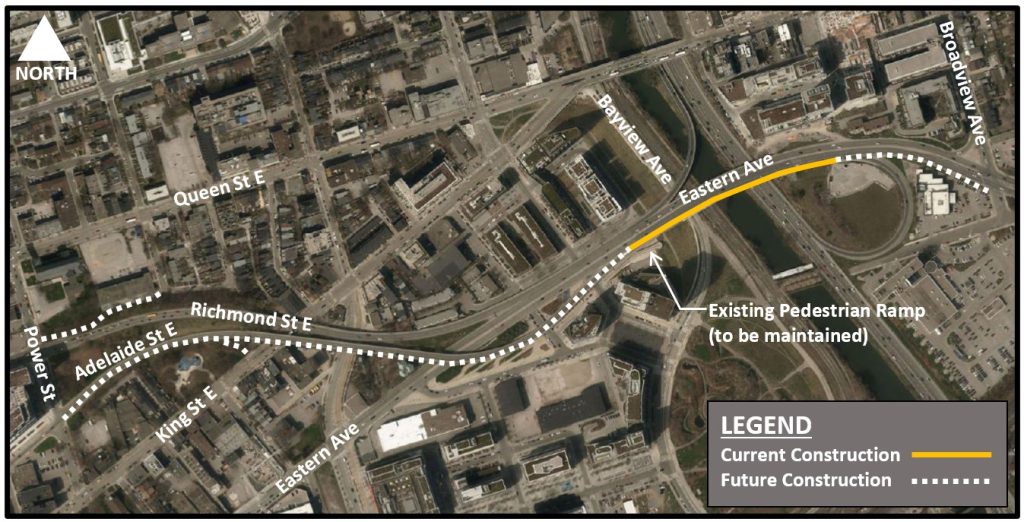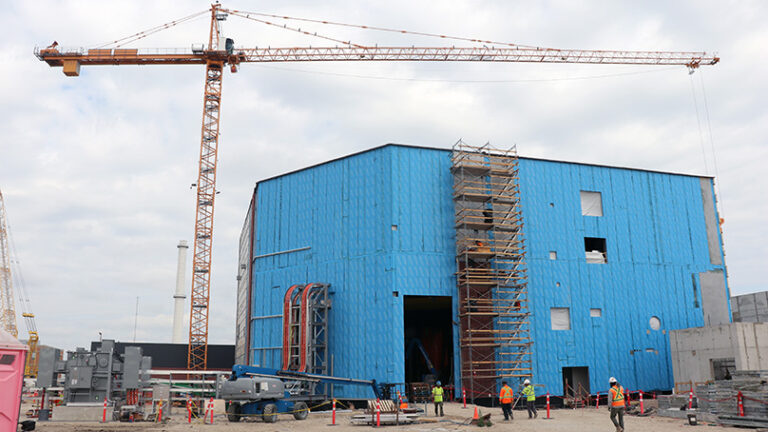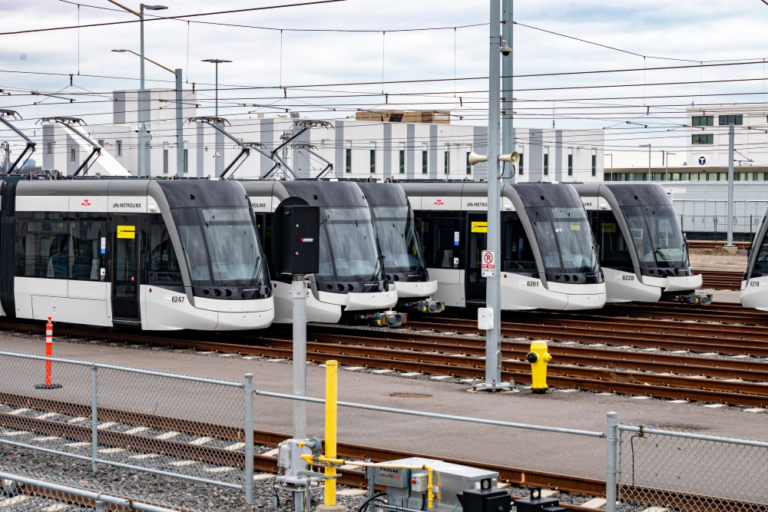As part of critical state-of-good-repair work, the City of Toronto is rehabilitating four bridges and elevated roads near Eastern Avenue and Adelaide Street East.
The next phase of this work will begin on Wednesday, October 15, and will require the closure of the southbound off-ramp from the Don Valley Parkway (DVP) to Richmond Street – until spring 2026 – to safely complete the rehabilitation of the ramp structure. Additional traffic impacts during this time include:
• One eastbound lane closed on Eastern Avenue
• Richmond Street reduced to one westbound lane at Eastern Avenue
• Intermittent overnight lane closures on the DVP.
While the Richmond off-ramp will be closed, drivers can access downtown via Lake Shore Boulevard at Don Roadway, the westbound Gardiner off-ramp at Sherbourne Street and the westbound Gardiner off-ramp at Yonge Street.
This work will ensure that the bridges meet today’s standards and remain safe for vehicles and pedestrians into the future. Work is being carried out in multiple stages to maintain safety and reduce traffic disruptions where possible.
The Ontario government is funding the rehabilitation of the Don Valley Parkway off-ramp as part of the Ontario-Toronto New Deal, which includes a provincial commitment to upload the Gardiner Expressway and the Don Valley Parkway to the Ontario government, subject to a third-party due diligence assessment. The City is funding repairs to the other three bridges in the project (Eastern Avenue Bridge, Richmond Street East Bridge and Adelaide Street Bridge) as part of the Toronto City Council-approved 2024 Capital Works Program. Construction began in July 2024 and is expected to be completed in early 2027.
The F.G. Gardiner Expressway Strategic Rehabilitation Plan is No. 42 on ReNew Canada’s 2025 Top100 Projects report.
To help accommodate increased traffic volumes expected during the FIFA World Cup 26™, the City has accelerated the project schedule through several measures including:
• Winter construction activities
• Deployment of additional crews
• Extended work hours with the ability for crews to work up to 24 hours a day, seven days a week
• Adjusted traffic staging and sequencing to complete more work concurrently
Featured image: (City of Toronto)












